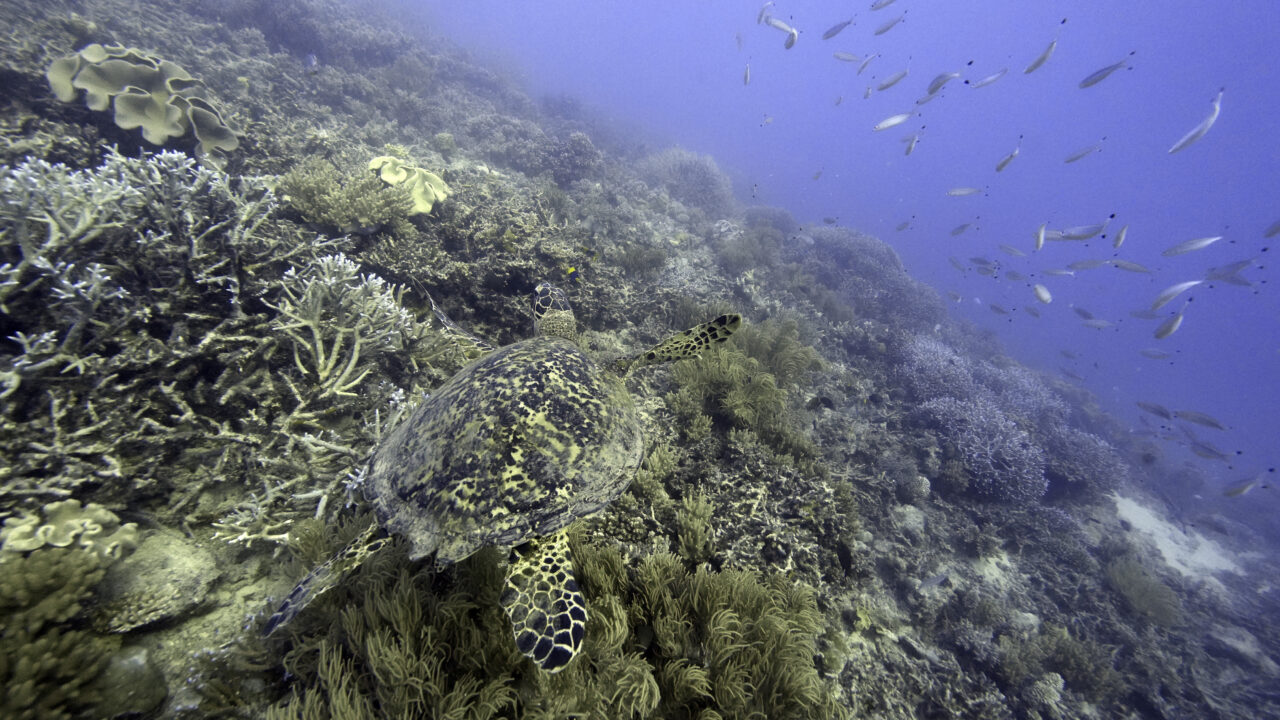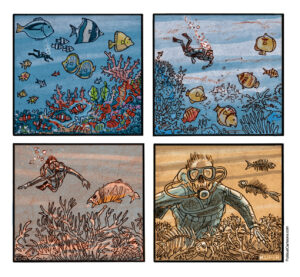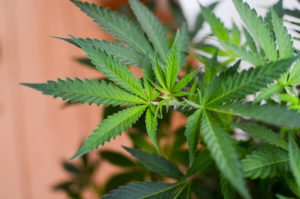Study Finds Ocean Mining Drastically Disrupts Biodiversity
Just two hours of mining caused significant habitat loss to fish and shrimp. Moore Reef in Gunggandji Sea Country off the coast of Queensland in eastern Australia on Nov. 13, 2022. (AP Photo/Sam McNeil, File)
This is Part of the "The Scramble for Deep-Sea Minerals" Dig series
Moore Reef in Gunggandji Sea Country off the coast of Queensland in eastern Australia on Nov. 13, 2022. (AP Photo/Sam McNeil, File)
This is Part of the "The Scramble for Deep-Sea Minerals" Dig series
A study published in the scientific journal Current Biology in July shows that, a year after a two-hour mining experiment in the deep sea, populations of fish and shrimp in the mined area dropped 43%. In the surrounding areas, up to 150 meters away, these populations declined by 56%.
As the world debates the ethics and logistics of mining the minerals of the deep sea, a largely unstudied environment, in order to fuel the transition to renewable sources of energy, these kinds of studies carry weight.

“Our results suggest that even a very small-scale seamount excavation may substantially alter benthic communities, with the largest spatial footprint of change observed for highly mobile swimming animals that are primarily predators/scavengers,” wrote the authors of the study, which was supported by the National Institute of Advanced Industrial Science and Technology in Japan. This means that even two hours of mining had a significant impact, particularly for fish that swim, crossing through the arbitrary boundaries humans draw on maps.

The study’s authors suggest several possible reasons for the population decline, including a lack of food that sent other animals elsewhere, and the “toxic effects of plume material.”
“Although deep seabed mining (DSM) may possibly help satiate increased global demand for various metals, it also has the potential to greatly disrupt many deep-sea habitats,” the study concluded. “Such disruptions include extinction events, destruction of globally significant ecosystems, and unknown harm to an environment essential to human health and the planet.”
Your support matters…Independent journalism is under threat and overshadowed by heavily funded mainstream media.
You can help level the playing field. Become a member.
Your tax-deductible contribution keeps us digging beneath the headlines to give you thought-provoking, investigative reporting and analysis that unearths what's really happening- without compromise.
Give today to support our courageous, independent journalists.






You need to be a supporter to comment.
There are currently no responses to this article.
Be the first to respond.